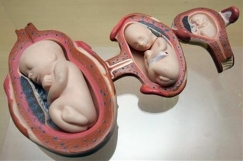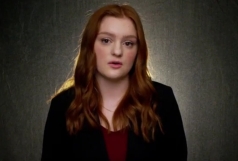People who try to discourage women from having abortions are now virtually considered criminals in France.
By a show of hands, French lawmakers voted to pass the law "sanctioning websites that aim to dissuade women from terminating a pregnancy by using 'misleading claims' on abortion."
By "misleading," they mean websites which "emphasize the negative psychological and physical impacts that abortions can have on women," according to the National Right to Life.
Violators of the new law, which was passed on Feb. 16, face a punishment of two years in jail or a €30,000 ($37,000) fine, The Catholic Herald reported.
France has already imposed a ban on pro-lifers demonstrating outside abortion clinics.
Pro-choice supporters argued that the new law is needed since pro-life activists have moved their campaign online, which they say has got to be stopped.
Laurence Rossignol, the minister for women's rights, said pro-life activists could still voice their opposition to abortion, as long as it was "under the condition they openly state who they are, what they do and what they want," according to Agence France Presse.
Days before the law was passed, tens of thousands of protesters vented their fury at the measure during a mass rally in Paris in January.
Archbishop Georges Pontier of Marseille, president of the French bishops' conference, had reportedly conveyed to President Francois Hollande his concern over the new law, calling it a "serious infringement of democratic principles."
CBN News reported on the new French law, by saying, "Your free speech rights are canceled! That's the message the French government is sending to anyone who wants to defend the rights of the unborn on the internet in France.
"Bottom line: The government has decided that people who express pro-life beliefs online will now be treated as criminals."
The European Center for Law and Justice (ECLJ) Director Grégor Puppinck said the law also affects churches.
"(It) may prohibit the church from publishing its position on abortion. If you teach that it is a sin, then teaching itself would be sufficient for prosecution," Puppinck said.
















